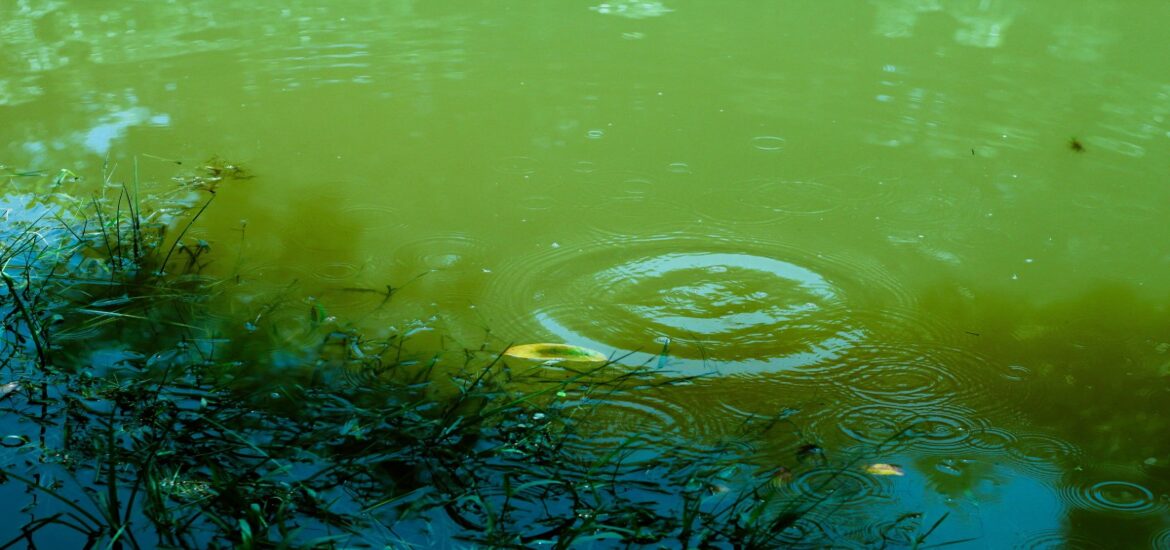Water quality is largely dependent on concentrations of oxygen in it and less oxygen spells trouble.

Oxygen levels in freshwater lakes in the temperate zone of the planet are declining rapidly and the main cause of that is climate change.
If these levels continue to drop in the face of rising temperatures, the biodiversity of lakes could suffer while there would also be a drop in the quality of drinking water, explains a team of researchers from Rensselaer Polytechnic Institute in New York.
The scientists reached this conclusion after analyzing more than 45,000 profiles of dissolved oxygen and temperature collected since 1941 from nearly 400 lakes worldwide, mostly from the temperate zone, which spans 23 to 66 degrees north and south latitude.
“We find that a decline in dissolved oxygen is widespread in surface and deep-water habitats. The decline in surface waters is primarily associated with reduced solubility under warmer water temperatures, although dissolved oxygen in surface waters increased in a subset of highly productive warming lakes, probably owing to increasing production of phytoplankton,” the researchers explain in a study published in the journal Nature.
“The concentration of dissolved oxygen in aquatic systems helps to regulate biodiversity, nutrient biogeochemistry, greenhouse gas emissions, and the quality of drinking water,” they note.
In the lakes examined by the scientists, oxygen levels on average have declined by 5.5% at the surface and 18.6% deeper underwater over the past 40 years.
“All complex life depends on oxygen. It’s the support system for aquatic food webs. And when you start losing oxygen, you have the potential to lose species,” observes Kevin Rose, a professor at the American institution who was an author of the study. “Lakes are losing oxygen 2.75 [to] 9.3 times faster than the oceans, a decline that will have impacts throughout the ecosystem.”
At the same time, in many nutrient-polluted lakes, surface oxygen levels have increased because water temperatures have benefitted cyanobacteria. That, too, is bad news as these bacteria can create toxins when they come to thrive in algal blooms on water surfaces.
“[S]ome lakes experienced simultaneously increasing dissolved oxygen concentrations and warming temperatures. These lakes tended to be more polluted with nutrient-rich runoff from agricultural and developed watersheds and have high chlorophyll concentrations,” the scientists say.
In addition to the loss of biodiversity, changes in the concentration of dissolved oxygen in aquatic ecosystems also impact the degree of greenhouse gas emissions, nutrient biogeochemistry, and even people’s health, the scientists point out.
Water quality is largely dependent on concentrations of oxygen in it and that’s why less oxygen spells trouble. Lower levels of oxygen, for instance, benefit bacteria that thrive in oxygen-poor environments, including microbes that produce methane, a greenhouse gas. In other words, low oxygen levels can lead to higher methane production in lakes, worsening climate change.
In addition, when oxygen levels decline lake sediments release more phosphorous, adding nutrients to already stressed waters, which can harm resident species of flora and fauna. That is a cause for concern because freshwater lakes make up just 3% of Earth’s surface, but they are home to a disproportionately large amount of biodiversity.
“Lakes are indicators or ‘sentinels’ of environmental change and potential threats to the environment because they respond to signals from the surrounding landscape and atmosphere,” says Stephen F. Jane, the study’s lead author. “We found that these disproportionally more biodiverse systems are changing rapidly, indicating the extent to which ongoing atmospheric changes have already impacted ecosystems.”
As air and surface water temperatures go up, the amount of oxygen water can contain goes down. As surface water temperatures have increased by 0.38 degrees Centigrade each decade, oxygen concentrations have declined by 0.11 milligrams per liter in tandem, the scientists explain.
“The loss of oxygen in deeper waters, where water temperatures have remained largely stable, follows a more complex path most likely tied to increasing surface water temperatures and a longer warm period each year,” the experts note.
“Warming surface waters combined with stable deep-water temperatures means that the difference in density between these layers, known as ‘stratification,’ is increasing. The stronger this stratification, the less likely mixing is to occur between layers,” they add.
“The result is that oxygen in deep waters is less likely to get replenished during the warm stratified season, as oxygenation usually comes from processes that occur near the water surface.”
Just as oceans are losing oxygen, so are freshwater lakes, the new research shows.
“Ongoing research has shown that oxygen levels are declining rapidly in the world’s oceans. This study now proves that the problem is even more severe in fresh waters, threatening our drinking water supplies and the delicate balance that enables complex freshwater ecosystems to thrive,” said Curt Breneman, a professor at the institution who is dean of its School of Science.
Freshwater lakes are losing oxygen fast in a warming world - Sustainability Times
Read More
No comments:
Post a Comment